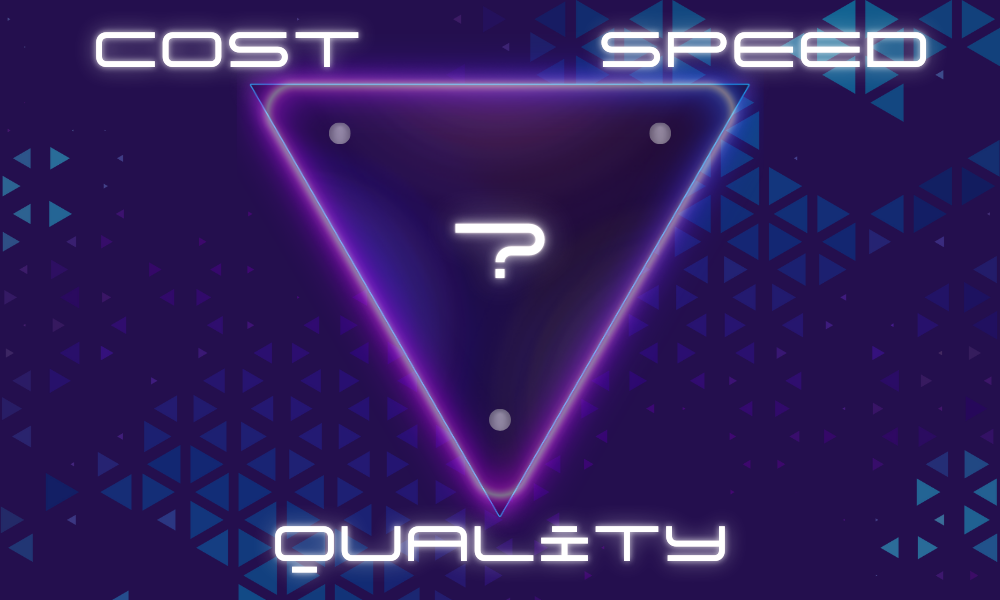The SQA2 Blog: Advice Center
Software Quality Assurance (SQA)
SQA is an essential part of the software development life cycle (SDLC). A properly implemented SQA process reduces the number of defects in releases, reduces time-to-market, enhances customer satisfaction, and lowers the cost to maintain the software product. However, when it is not part of the SDLC or is reduced to simply testing, the overall quality of the product suffers. SQA is the final step before delivering the product to the customer, and is a must for customer satisfaction.
For example, data loss and unauthorized access or compromised data causes trillions of dollars worth of losses every year according to the Dell EMC Study. A well-planned software quality assurance practice focuses on releasing bug-free software for its users, which can help to limit data loss and unauthorized access.
A common misconception regarding software quality assurance is that it takes place after development. It is imperative to incorporate SQA into the SDLC in order to develop a high quality product. It focuses on eliminating bugs, improving application security, improving performance and performance tuning, finding minimum hardware requirements and protecting data.
SQA is a systematic process very similar to the software development life cycle. Development and testing cycles must be defined early on. Factors to consider are process monitoring, project management, and product evaluation. The following must be defined to ensure top quality QA.
- Requirement specification/scope of work analysis
- Architecture analysis
- Design analysis
- Code and business logic analysis
- Configuration testing
- Version management and version control
Types of SQA
SQA is responsible for maintaining the highest level of software quality. The two main areas of focus are Functional Quality Assurance and Structural Quality Assurance.
In Functional Quality Assurance, professionals check the functional requirements. They check them against the SOW (Scope of Work) documents and ensure the core functionality and business logic works as designed.
Structural quality assurance involves aspects such as usability, accessibility and security of the software. This is in addition to adherence to architectural specifications. Testing on the source code, coding standards, and internal structure takes place during this process.
In recent years, companies have adopted a balance of software development and software quality assurance processes. Software development companies have their quality testing process. However, they usually outsource the software quality assurance assignments to other businesses. Specialized companies are more efficient than traditional developers in finding bugs and other important quality assurance aspects.
Software quality assurance is essential in software development no matter its size. It is a best practice for any software product. SQA ultimately helps to mitigate the risks involved with incorrect business logic, possible system failures, bugs, security issues and data loss. Thus allowing the delivery of a high-quality product that meets the expectations of the users.

